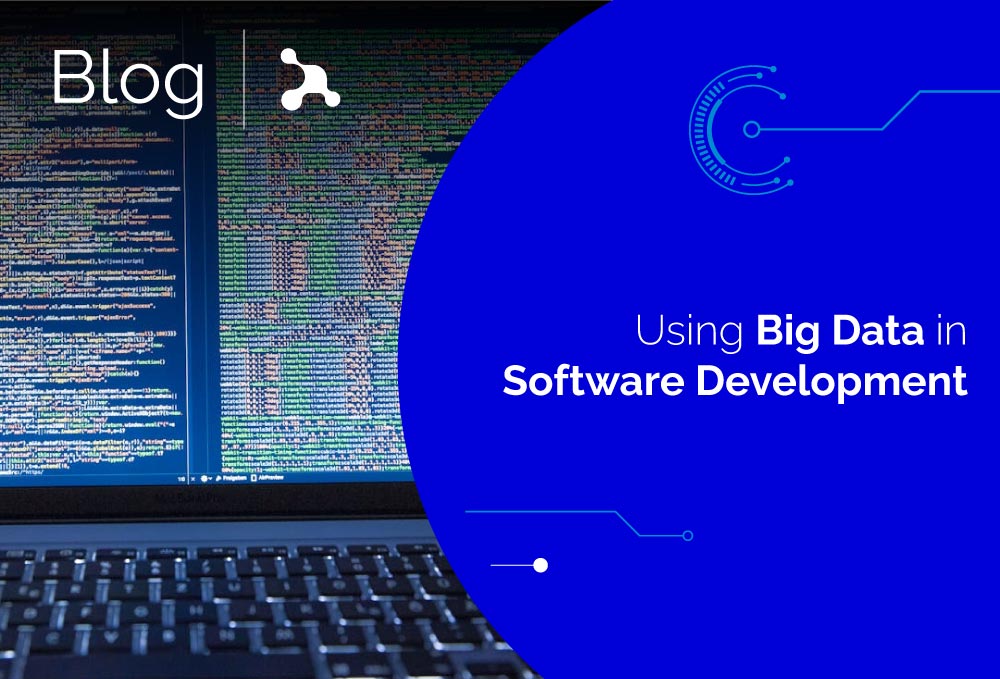How the Analysis of Large Data Sets Can Improve Decision-Making and Efficiency in Software Development
In today’s digital era, the amount of data generated and collected is immense. These large volumes of data, known as Big Data, offer a unique opportunity to transform software development. By analyzing this data, companies can improve decision-making, optimize processes, and increase efficiency. In this blog, we will explore how Big Data analysis can benefit software development and some key strategies for implementing it.
What is Big Data?
Big Data refers to data sets that are too large and complex to be handled with traditional data processing tools. This data is characterized by the “3 Vs”:
- Volume: The amount of data generated and stored is enormous.
- Velocity: The speed at which data is generated and processed is very fast.
- Variety: Data comes from various sources and in different formats, such as text, images, videos, and sensors.
Benefits of Using Big Data in Software Development
Improved Decision-Making
Big Data analysis allows developers and project managers to make decisions based on accurate and up-to-date data. This includes identifying patterns, trends, and hidden relationships that would otherwise be invisible.
Example:
- Performance analysis: By analyzing usage and performance data of an application, developers can identify which parts of the software need optimization or which features are most used by users.
Process Optimization
Big Data can help optimize development processes, from planning to deployment. By using predictive analytics and machine learning algorithms, companies can improve efficiency and reduce development time.
Example:
- Error detection: Analyzing large volumes of test data and logs can help identify recurring errors and issues, allowing development teams to address them proactively.
Personalization and User Experience Improvement
By better understanding user behavior and preferences, developers can create more personalized applications and improve user experience.
Example:
- Personalized recommendations: By analyzing usage data, applications can offer personalized recommendations to users, enhancing their satisfaction and engagement.
Innovation and Development of New Features
Big Data analysis can reveal opportunities for new features and improvements that can differentiate a product in the market.
Example:
- Data-driven development: Identifying usage patterns can inspire new features that meet the unmet needs of users.
Strategies for Implementing Big Data in Software Development
Data Collection and Storage
The first step is to collect and store data effectively. This includes user data, application performance, server logs, among others.
Data Analysis
Use data analysis tools and techniques to extract valuable insights. This can include descriptive, predictive, and prescriptive analytics.
Integration of Machine Learning
Machine learning can automate data analysis and uncover complex patterns that are difficult to detect manually.
Example:
- Predictive models: Developing models that can predict user behavior or identify potential issues before they occur.
Implementation of Real-Time Monitoring and Analysis Platforms
Implement solutions that allow real-time data monitoring and analysis to make quick and effective decisions.
Data Science Team
Having a specialized data science team that can interpret the data and generate actionable insights. This team should work closely with software developers.
The use of Big Data in software development not only improves decision-making and efficiency but also opens new opportunities for innovation and personalization. By implementing effective data analysis strategies, companies can optimize their development processes, enhance user experience, and remain competitive in the market. At Asesoftware, we are committed to helping companies leverage the power of Big Data to transform their software development and achieve success in the digital era.




